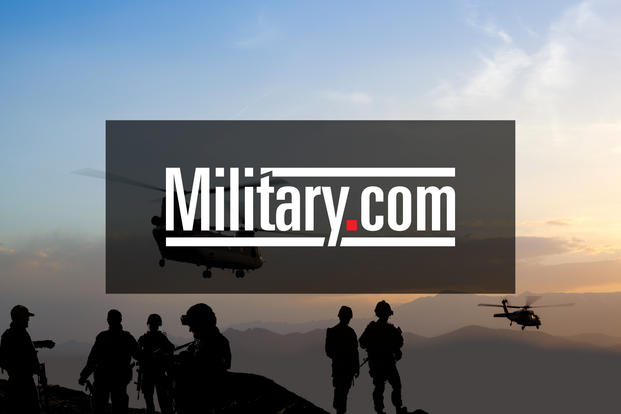The American public ranks post Sept. 11 veterans highly, with 86 percent of respondents to a national survey agreeing that the Iraq and Afghanistan vets are “valuable assets” to the country.
But the same survey also indicates that many Americans hold stereotypes about the very people they say they admire and value. Most respondents believe the vets have less education than their non-veteran counterparts and that the majority come back from Afghanistan and Iraq with post-traumatic stress disorder.
Wrong on both counts.
“We believe that kind of misperception is contributing to the belief that this generation is having problems transitioning back to [civilian] employment,” said Laura L’Esperance, vice president for brands and communications at The Mission Continues, a non-profit group founded by former Navy SEAL Eric Greitens to aid vets in returning to civilian life. “The vast majority of these folks are coming back healthy and ready to lead.”
Most responses indicated only respect for the veterans, who shared their lofty place in the survey with firefighters (94 percent), nurses (91 percent), active-duty troops (88 percent) and doctors (87 percent). The vets tied with teachers and edged out police officers and small businesses by just a single point.
Along with these others they also far outshine high-powered, prestigious, and sometimes glamorous professions, including the Supreme Court (64 percent), lawyers (19 percent), politicians (11 percent) and sports stars, who tied for last place with celebrities at 5 percent.
About 64 percent of respondents said they agreed with a statement that” the skills and leadership learned by veterans of Iraq and Afghanistan can be effectively applied to our communities.” Only 29 percent concurred with the statement: “the skills and leadership learned by veterans of Iraq and Afghanistan apply mostly to military situations.”
In a statement accompanying release of the findings, the sponsors pointed to a number of encouraging conclusions.
“The public regards these young men and women as future leaders and as community and national assets,” they said. “Compared to their non-veteran peers, the public finds them more disciplined, having a stronger character and more involved in their communities.”
While the survey sponsors were “pleased to see that this generation of veterans is so well respected” by the public, the sponsors were disappointed at numbers revealing ignorance of veterans’ education and mental health, said L’Esperance.
Survey results indicate that just 19 percent of respondents believed that the vets have more education than their non-veteran counterpart while 53 percent agreed with the statement that a majority of returning vets suffer from post-traumatic stress disorder.
Well over 90 percent of recruits enter the military with at least a high school diploma, while Pentagon figures indicate that about 60 percent of men and 70 percent of women who sign up have at least some college. Figures from the Department of Veterans Affairs, meanwhile, show that about 22 percent of men returning from the Afghan and Iraq wars have PTSD; for female vets it’s about 17 percent.
L’Esperance said the survey is the first to focus on public perceptions of the nearly 2.4 million servicemembers and veterans who have volunteered to serve since 9/11. In addition to The Mission Continues, the research was sponsored by Bad Robot, a film and television production company in Santa Monica, Calif.
For the research, the bi-partisan polling teams of Greenberg Quinlan Rosner Research and Public Opinion Research Strategies surveyed 801 adults throughout the country. L’Esperance said they were about 50/50 male to female and evenly split politically. The youngest person polled was 18 and the oldest was over 55, she said. The sample included some veterans.
Perhaps indicating that old perception die hard, the group of veterans with the poorest public perception was Vietnam veterans. One section of the survey posed several statements and asked respondents to say whether they applied more to Vietnam or Iraq or Afghanistan vets.
Based on the responses, Iraq and Afghanistan veterans are perceived as being more disciplined and willing to work hard, and being more involved in their communities and less likely to use drugs.
L’Esperance said the questions were borrowed directly from a 1979 Louis Harris poll that sought to compare Vietnam veterans with their non-veteran counterparts; in the original, she said, the veterans also came out on the positive side.





















